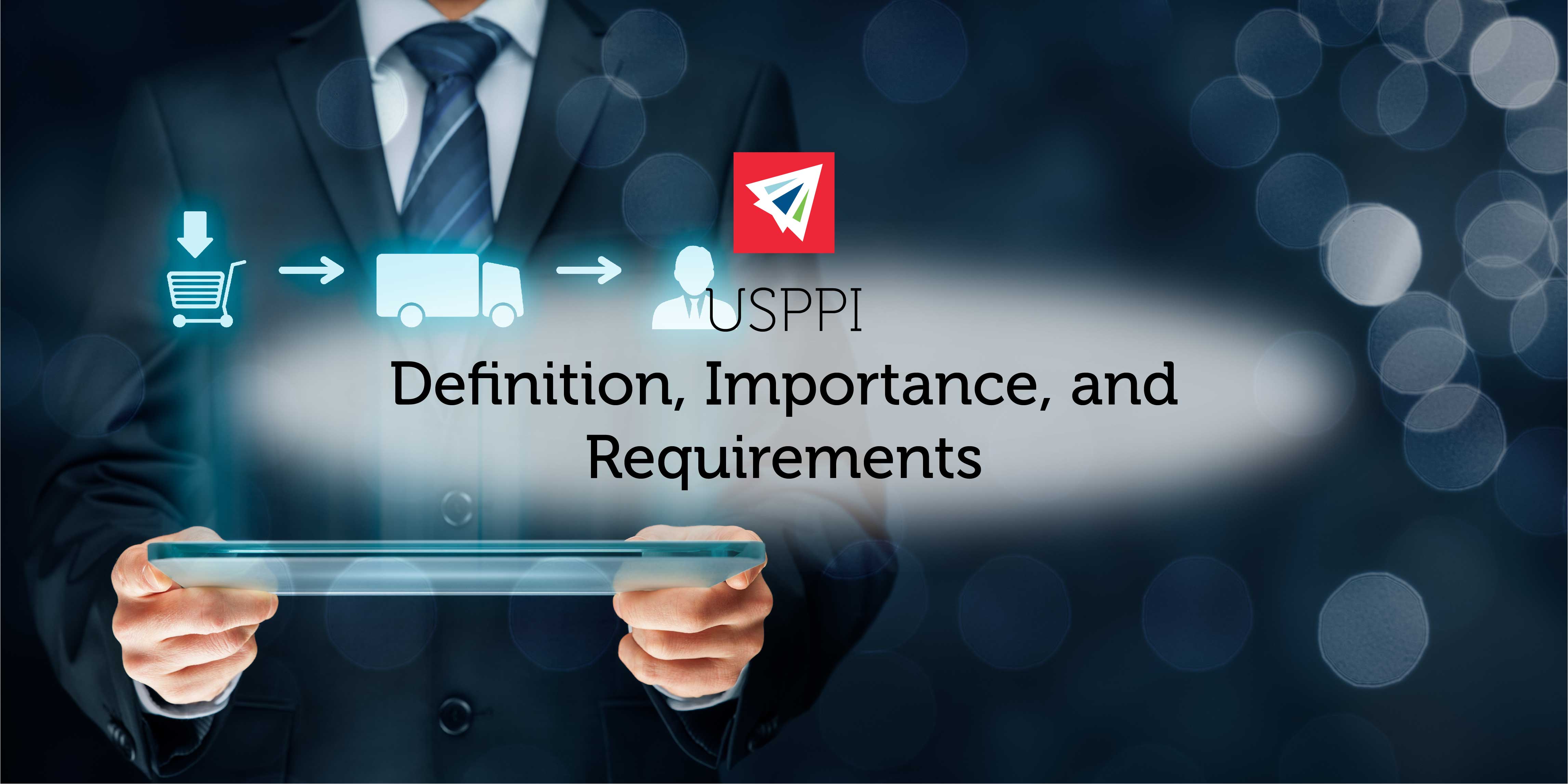USPPI, or United States Principal Party in Interest, is a fancy term to describe the party who receives the monetary benefit from an export out of the United States. More often than not, this party is the manufacturer or seller exporting from the United States to a foreign location, whereby the sales transaction results in cash flow to the U.S. party. Although, it is important to understand that there is a distinction between a USPPI and an exporter.
What is a USPPI
In most circumstances, the USPPI and exporter terms are used interchangeably, but in some situations this is not the case. One way to think about it is that a USPPI is always considered an exporter, but an exporter does not always have to be a USPPI. The AES defines an exporter as “the person in the United States who has the authority of a principal party in interest to determine and control sending of items out of the United States,” whereas the USPPI is defined as “the person or legal entity in the United States that receives the primary benefit, monetary or otherwise, from the export transaction.”
In order to export from the U.S. you must file in AES, and you cannot do this if you are not a USPPI. In terms of AES, the USPPI and exporter are used interchangeably, but in regards to the overall exporting transaction process, the terms can apply to different parties. For example, if “Retail Business A” wants to export cribs to the UK from a different retailer’s store (“Retail Business B”), the UK pays Retail Business A to export the cribs even though Retail Business A they will be exported from a different warehouse/retail store – Retail Business B. In this case, the exporter is Retail Business B, but the USPPI (or beneficiary of the process) is Retail Business A since they are the ones being paid by the UK.
USPPI vs. Exporter
The distinction between a USPPI and exporter was created for a few reasons. First of all, it helps in determining who is responsible for documentation and documentation-sharing between all parties involved in the export process. Secondly, it indicates the specific data that the USPPI is responsible for sharing (EIN number, basic commodity information, U.S. agent of the FPPI, etc.) Lastly, it creates conformity in the issuance of documentation to AES. All things considered, the distinction between the USPPI and exporter can be important to understand – especially if you are playing a role in either end of the exporting transaction.
If you would like to learn more about this topic or related subjects, make sure to call one of our members at Interlog USA. We’d be happy to talk with you!

2 thoughts on “USPPI: Importance Of, Definition, and Comparisons”